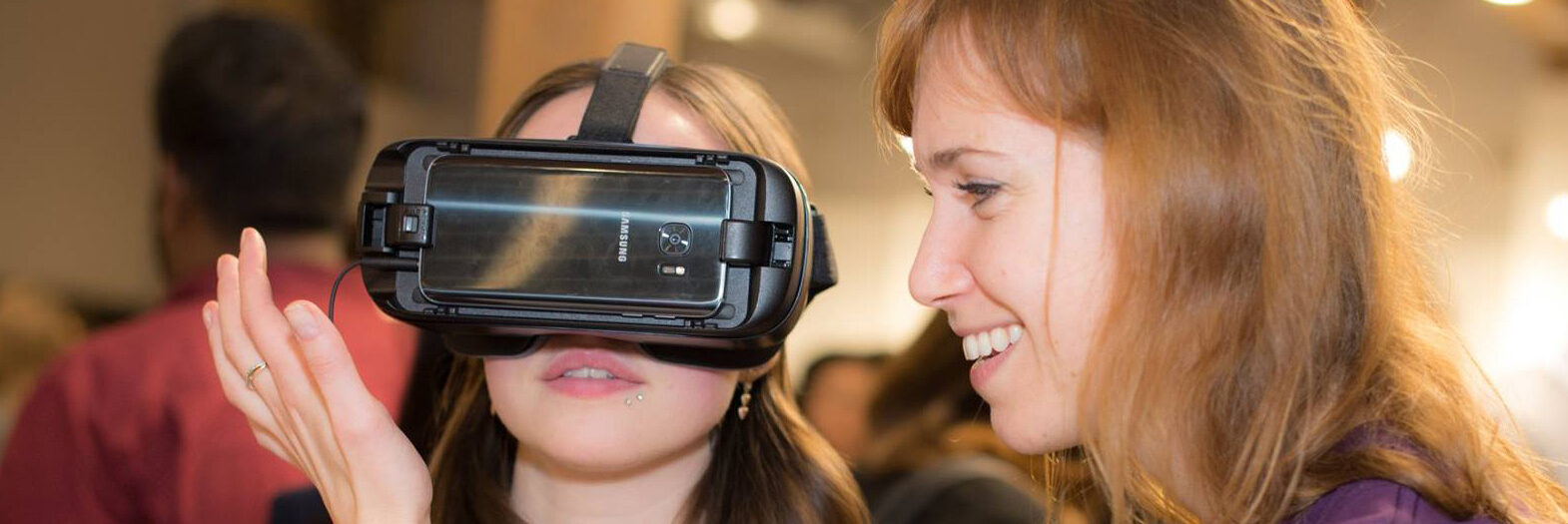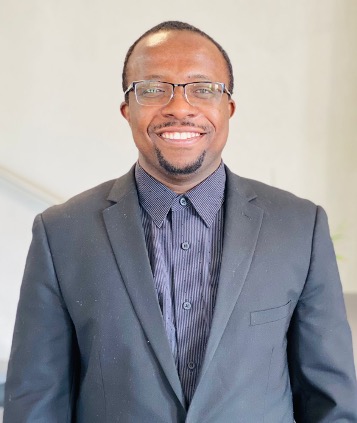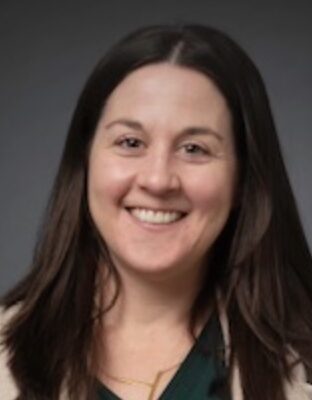
Four innovative and community-focused Faculty of Health studies will shed new light on anxiety, thanks to an investment in York University mental health researchers by Beneva, the largest mutual insurance company in Canada.
The $200,000 Anxiety Research Fund, powered by Beneva, aims to enhance assessment and treatment supports for individuals coping with anxiety – a debilitating and frequently hidden affliction experienced by one in five Canadians.
“Anxiety prevention is the main focus that guides Beneva’s social and philanthropic action nationwide,” notes Beneva President and Chief Executive Officer Jean-Francois Chalifoux. “We are proud to have teamed up with York University to create the Anxiety Research Fund, dedicated entirely to accelerating research which will have an immediate and positive impact on the community, bringing new insight and change around this important issue.”
“York’s partnership with Beneva will have lasting benefits, not only for individuals struggling with anxiety, but for society as a whole,” says Faculty of Health Dean David Peters. “Through strategic collaboration with their community partners on these projects, our researchers will ensure their findings are used to address one of the most critical mental health issues today: anxiety.”
Four projects were selected for funding through a competitive application process led by the Faculty of Health Research Support Office.

Exposure Therapy Using Virtual Reality
With her team in York’s PrescribingVRx lab, School of Health Policy & Management Professor Lora Appel is using virtual reality technology to pilot an Exposure Therapy program focused on anxiety experienced by people with epilepsy. Project participants have identified common anxiety-provoking themes, which will be recreated virtually into 360-degree videos.
After conducting randomized trials in a controlled environment at Toronto Western Hospital, the study will move into the community (recruiting through Epilepsy Toronto), where therapy can be administered in people’s homes. While the results are expected to have a direct impact on people with epilepsy, the researchers also envision applications to others who suffer from anxiety.

Retooling Black Youth Anxiety
Headed by School of Global Health Professor Godfred Boateng, who is director, Global & Environmental Health Lab and Faculty Fellow, Dahdaleh Institute for Global Health Research, this project will address anxiety and mental health issues of Black youth and their families, resulting from encounters with the criminal justice system and the child welfare system.
Partnerships with the Ghana Union of Canada (GUC) and Gashanti Unity (GU) will play a critical role in implementing this project to their communities. Researchers will recruit participants, identify key needs and work with clinical professionals to provide interventions. An online resource centre and sensitization programs aimed at improving the mental well-being of Black individuals and Black families will be created.

Reducing Anxiety About HPV Tests
A School of Nursing project led by Professor Catriona Buick focuses on anxiety that is anticipated in response to upcoming revisions to Ontario’s Cervical Screening Guidelines. In other countries, anxiety has been minimized by introducing evidence-based communications with patients around Human Papillomavirus (HPV) infection and cervical cancer.
The project will assess whether an infographic education intervention about primary HPV testing can decrease anxiety and increase understanding and acceptance of the upcoming changes to existing screening guidelines. The intent is to manage anxiety, dispel myths and misconceptions, normalize HPV, and improve acceptance of primary HPV testing for routine cervical cancer screening.

Decision-making in a Global Health Crisis
This project will investigate how mental health issues can interfere with people’s compliance with important public health measures – such as mask wearing and vaccination – during a global pandemic. The team, led by Department of Psychology Professor Shayna Rosenbaum, studies “delay discounting” (undervaluing or discounting future benefits when making health decisions).
The researchers will seek methods to reduce anxiety and optimize decision-making during global crises. Their findings will inform action by the Public Health Agency of Canada on the wider impact of COVID-19 and which sectors of society to target through technical briefing.
Thanks to Beneva, the Anxiety Research Fund in the Faculty of Health aims to support critical, community-focused projects to better identify, manage and help reduce the manifestations of anxiety.
